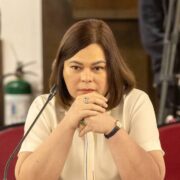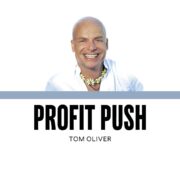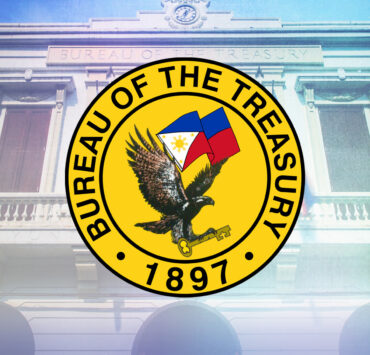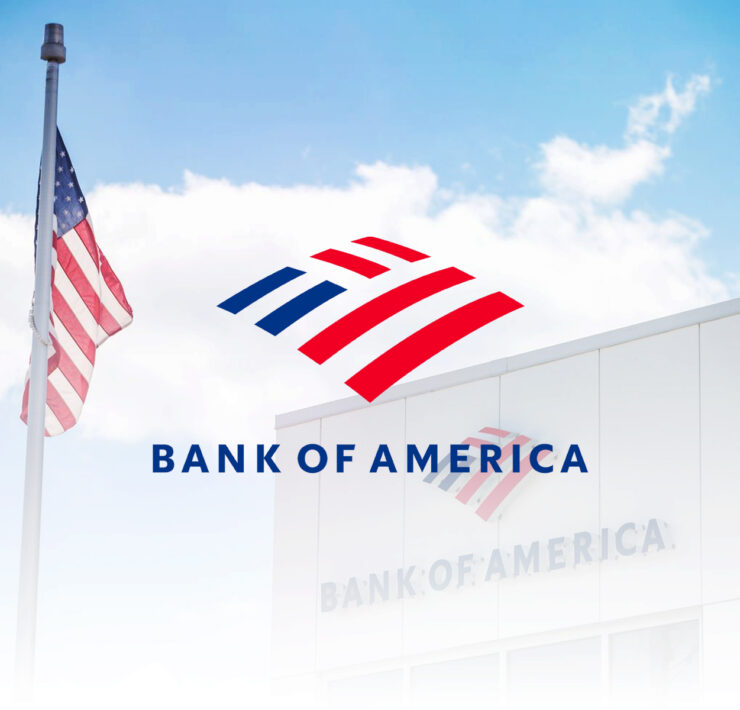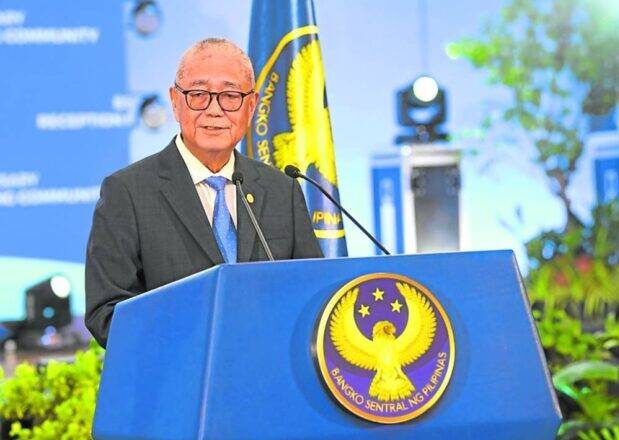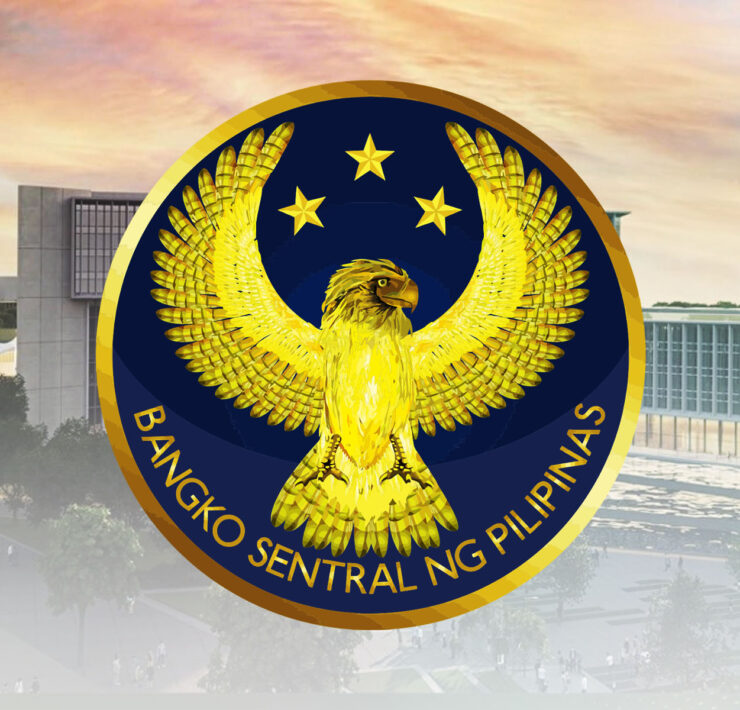Cultural integrity: The Trust Principle hiding in plain sight
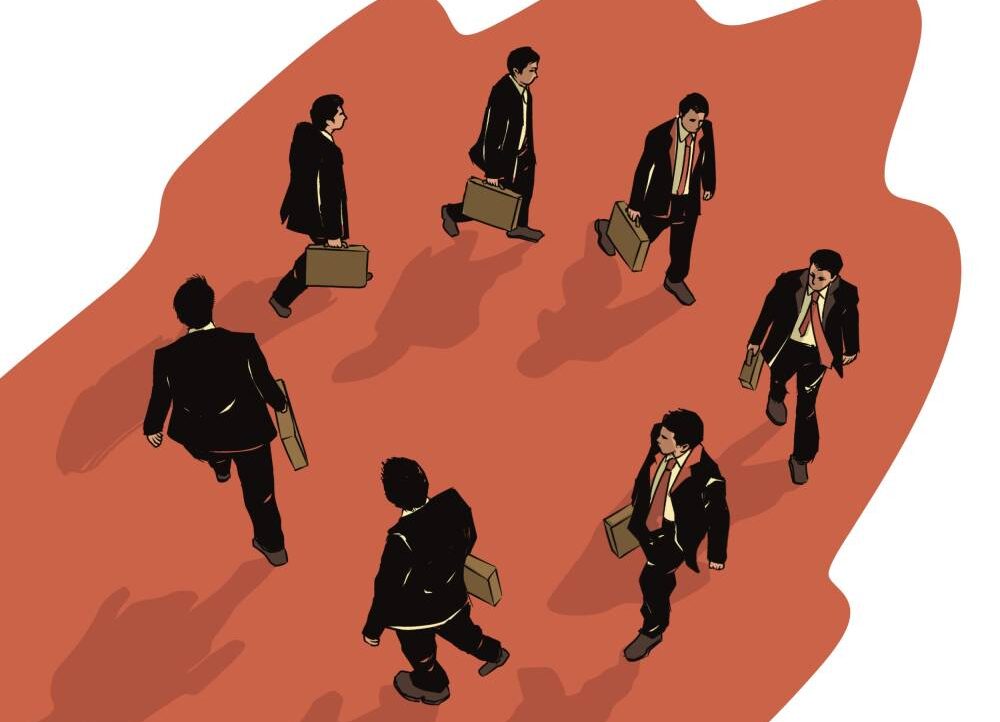
In the trust economy, marketing is no longer just about promoting value; it’s about living it. As we introduced last Friday in the discussion on the Trust Economy Flywheel, today’s Filipino consumers and citizens are reevaluating what they expect from brands and institutions.
This follow-up zooms in on one critical principle: Cultural Literacy (Principle No.2). At stake is not just public perception, but the very foundation of trust that marketing, leadership and long-term business growth all depend on.
Within the Trust Economy Flywheel, cultural literacy has two dimensions: understanding and action.
In our original definition, we described it as the awareness of cultural norms and the courage to challenge those that obstruct transparency or accountability. Cultural integrity is the manifestation of that courage in action.
In this article, we unpack that action-oriented dimension, what we now call cultural integrity, to show how leaders can live out values in ways that build trust and reform culture.
Cultural literacy is more than knowing Filipino values. It’s about leading and communicating through them. Trust doesn’t begin with words. It begins with consistent actions.
Consider the recent Department of Public Works and Highways (DPWH) ghost project scandal. It’s not just a story about missing roads. It’s a vivid symptom of a much deeper breakdown: a loss of trust not only in systems, but in the shared behaviors and unspoken norms that uphold our institutions.
Trust doesn’t crumble simply because policies fail. It collapses when patterns of behavior shaped by culture, those silent and unchallenged forces, go unchecked.
What unspoken rules keep people silent? What emotional costs are they trying to avoid?
The cultural roots beneath misconduct
Filipino values like pakikisama (keeping harmony), hiya (avoiding shame) and utang na loob (debt of gratitude) are strengths, not flaws. They are survival tools that knit communities together.
But these same values can be weaponized, shielding wrongdoing or muzzling honest voices.
This is not just a system failure; it is a cultural one.
In many organizations, people sense when something’s off. Yet, the fear of shame, rejection or retaliation keeps them silent. Hiya quiets the truth. Pakikisama pressures conformity. Utang na loob demands loyalty, even when loyalty blinds.
Add to this the dread of not being in the “in” group, or being called ibang tao, an outsider, a powerful social punishment in our collectivist culture. To speak up risks exclusion from the circle where protection, opportunity and belonging reside.
So many conform, not because they agree, but because they fear being left out.
This highlights a common misconception that being “nice” automatically earns trust. But niceness alone is not integrity. Sometimes, niceness is the veil that sustains silence.
Real trust grows from transparency, alignment and the courage to stand apart when the group no longer serves what is right.
From cultural literacy to cultural integrity
Understanding culture isn’t enough anymore. Even cultural intelligence, knowing how to navigate norms, has limits.
What’s needed now is cultural integrity: the courage to live out values through an ethical lens. It is not to reject our culture, but to evolve it so it builds trust rather than protecting silence.
Here’s what that looks like in action:
- Pakikisama: shared accountability, not silent complicity
- Hiya: constructive humility, not paralyzing shame
- Utang na loob: honorable gratitude, not blind loyalty
Cultural change doesn’t come from criticizing the past, but from embodying a better way: daily, visibly and relationally.
Instead of preserving culture as a static heritage, we should ask: How do we reform it to protect trust while preserving the heart of what makes us Filipino?
The Flywheel of Trust: A behavioral ecosystem
Trust is not just a feeling. It is a complex behavioral ecosystem. Our Trust Economy Flywheel draws from behavioral anthropology, ethics and leadership science. It acknowledges that Western trust models miss key emotional and relational layers vital in collectivist societies like ours.
Here’s how leaders build trust that lasts and how cultural integrity is the ethical compass that powers the Flywheel’s other steps.
Humility: In a culture where hiya can silence truth, genuine humility creates safe spaces for feedback, like participatory audits and culturally sensitive communication channels.
Cultural literacy: Honor our heritage without ignoring the norms that undermine trust and transparency.
Empathy: Leaders must not just listen but feel what their people feel and respond with sustained, culturally grounded action.
Transparency: Without context, transparency is tone-deaf. Clear, respectful communication builds trust more than technical reports.
Authenticity: Filipinos value sincerity. Leaders who consistently walk their talk earn lasting credibility.
Consistency: Trust is built on showing up every day, not grand declarations. Cultural literacy helps leaders understand what “showing up” truly means on the ground.
Accountability: When framed through Filipino values, accountability is healing. It restores honor and opens pathways for real repair.
Leadership is culture in action
Culture is not just what we believe. It’s what we allow, avoid and repeat, often without question, often unconsciously sustaining power structures and shared meanings.
In the Filipino context, it lives in relationships: in the pull of pakikisama, the quiet of hiya and the weight of utang na loob.
It is both a comfort zone and a constraint. And unless we make it conscious, it will shape trust by default, not by design.
Leadership must move beyond position and power. It must be daily modeling of values: conscious, consistent and authentic. Not charisma, not control but the steady work of shaping a culture that truly reflects who we stand for.
Our Filipino values are beautiful and unifying, but they can also be hijacked by dysfunction. Trust isn’t built on who we are. It’s built on who we choose to become, together.
Sustaining integrity: The leader’s self-audit
Institutional reform doesn’t start with new policies. It starts with self-awareness.
Ask yourself:
- Are we rewarding silence or protecting courage?
- Are we designing for applause or honest criticism?
- Are we changing policies or changing behavior?
Trust isn’t restored through compliance. It’s restored when integrity becomes habit.
A call for trust-focused leadership
The DPWH ghost project scandal is more than a systems failure; it’s a cultural wake-up call. But the Filipino spirit is rich in compassion and community. We already have the foundation for trust.
Consider, for example, the local government in Naga City that removed confidential funds and introduced the MyNaga app, a safe space where people can voice concerns without fear of shame or exclusion.
This openness built transparency, accountability and turned pakikisama into collective responsibility, not silent complicity.
What we need now is leadership that can rethink, reform and reinforce our values so they build integrity rather than shield dysfunction.
It’s time to guard against the misuse of our cultural strengths and lead culture toward a more trustworthy future.
A free Trust Economy Flywheel briefing will be held via Zoom on Oct 24 at 3 p.m. to 4:30 p.m.. Preregistration is required at bit.ly/TrustEconomyFlywheel2025.
Josiah Go is a business thought leader. Chiqui Escareal-Go is a marketing anthropologist. They serve as chair and CEO, respectively, at Mansmith and Fielders Inc. They will both speak at the 9th Mansmith Entrepreneur Summit on Nov. 8. The event will be live-streamed via Zoom. Register now at mansmith.net.
Josiah Go is chair and chief innovation strategist of Mansmith and Fielders Inc. He is also cofounder of the Mansmith Innovation Awards. To ask Mansmith Innovation team to help challenge assumptions in your industries, email info@mansmith.net.












